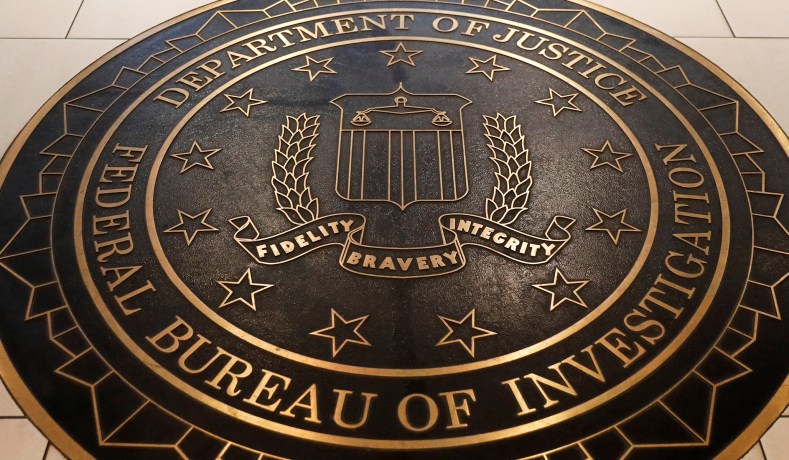
At the height of the Russia-collusion hysteria, anyone who theorized that Crossfire Hurricane had been sparked by the Steele dossier — a document paid for by the political party running against target of the investigation — would be rigorously fact-checked.
Mainstream reporters covering the story would authoritatively inform their audience that it was evidence gleaned from a conversation with then-20-something former Trump adviser George Papadopoulos that had triggered the investigation. They knew, of course, that if the FBI had relied principally on the dossier, the investigation would look transparently and problematically partisan. The Papadopoulos conversations, on the other hand, sounded pretty damning, even though journalists didn’t know exactly what they entailed.
Well, DOJ inspector general Michael Horowitz recently told the Senate that those FISA warrants used to spy on the Trump campaign were “entirely” predicated on information from that dossier. And we now know that virtually every one of those applications to spy on American citizens was rife with errors, misleading information, and “fraudulent” evidence. You know, just some endemic, comprehensive, and highly targeted “sloppiness.”
We now learn from a new CBS News report that the Papadopoulos evidence was also misrepresented in applications. Two weeks before Election Day, in the midst of a contentious presidential campaign, the Obama administration’s DOJ filled out surveillance warrant applications without including contradicting evidence — and then left out that evidence again on three subsequent renewals. Just another mishap.
Papadopoulos, you’ll remember, supposedly linked the Trump administration to the hacking of the Democratic National Committee’s email system. As it turns out, Papadopoulos explicitly denied to an FBI source that the campaign was involved in the hack, and goes out of his way to call the idea “illegal.”
According to CBS:
CHS: You don’t think anyone from the Trump campaign had anything to do with the f***ing over the, at the DNC?
Papadopoulos: No
CHS: Really?
Papadopoulos: No. I know that for a fact.
CHS: How do you know that for a fact?
Papadopoulos: ‘Cause I go, I’ve been working with them for the last nine months. That’s (unintelligible) And all of this stuff has been happening, what, the last four months?
The FBI source then pressed Papadopoulos on whether someone on the Trump campaign might have been secretly involved.
CHS: But you don’t think anyone would have done it, like under, undercover or anything like that?
Papadopoulos: No, I don’t think so. . . .There’s absolutely no reason. . . . First of all, it’s illegal, you know, to do that s***.
The FBI supposedly believed that Papadopoulos’s reaction was a “rehearsed response.” So the drunken brag about the hack was enough evidence to spy on the American citizen in the midst of a presidential campaign, but the potential contradicting evidence sounded too mechanical to mention in a warrant application?
This explanation would be a lot easier to believe if every other aspect of the Russia-collusion investigation — which, despite three years of non-stop media coverage and an open-ended independent government inquiry, produced not a single indictment for criminal conspiracy connecting anyone in the Trump administration with Russia — didn’t reek of corruption.

